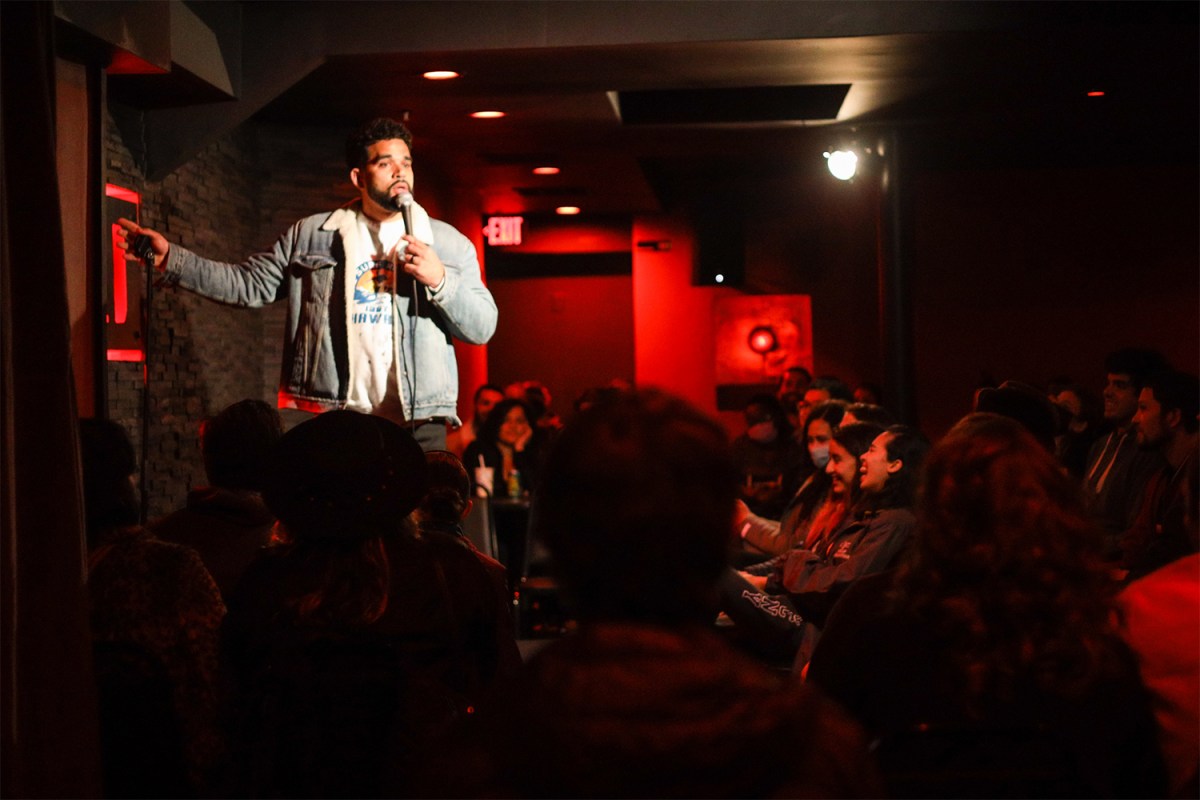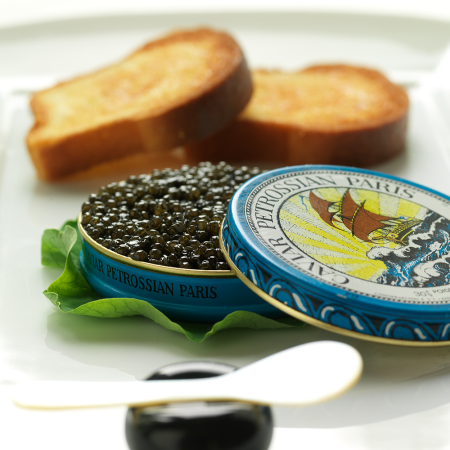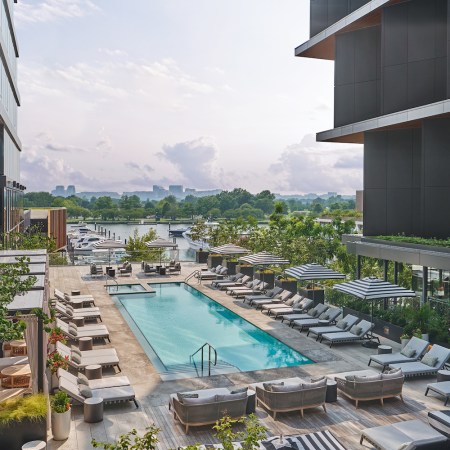D.C. is a great city for stand-up. The DC Improv is one of the country’s best clubs, frequently getting shouted out by the world’s best comics. Their first show featured Ellen DeGeneres, Dave Chappelle and Brian Regan, and it still attracts that caliber of comics. The Kennedy Center gives people like John Oliver, Sarah Silverman and Samantha Bee a larger room, and the Warner Theatre, National Theatre and DAR Constitution Hall do a fine job bringing in pretty much all the other big names. But one club is doing its best to lay the groundwork for the next big thing.
Since opening in early 2022, Hotbed has made Adams Morgan the neighborhood for underground comedy. Literally. When Songbyrd moved to Union Market, the basement space, seemingly ideal for the art form that is stand-up, proved to be the perfect home base for Underground Comedy, Sean Joyce’s independent comedy production company.
Joyce began programming stand-up shows in 2013. He was the long-running producer at Big Hunt, a beloved room for comics and audiences until the pandemic shut it down in 2020. He was also producing shows at the downtown comedy club DC Drafthouse, Petworth club Room 808 and bars like Reliable Tavern, Wild Days and the Wonderland Ballroom before opening Hotbed.
We recently caught up with Joyce to talk about D.C. crowds, and no longer working in gross basements.
InsideHook: Unlike most comedy clubs, you’re not part of a chain. And you’re doing incredibly well! Most every show is a sell-out. Was there any worry you wouldn’t be able to book the talent you want because you’re not an Improv or Zanies?
Sean Joyce: I was able to convince tons of amazing, and some very famous, comics to perform in Big Hunt’s weird, gross basement for years, so booking was one of the things I was least worried about.
You still produce shows at Reliable Tavern and the Wonderland Ballroom. Does certain material or particular comics do better outside of Hotbed?
There is less pressure and lower expectations outside of Hotbed, so those are looser and potentially more experimental shows. But once the experimental material is developed and becomes good, it does better at Hotbed.
You were a stand-up before you were a producer and owner. Is there any advice you’d give to your younger stand-up version of yourself?
Looking back, there are tons of things I could have done differently and better as a comic. But honestly, my experience as a comic far exceeded all of my expectations for what was possible. It’s all of the other parts of my younger self that I wish I could change.
Adam Pally on Pandemic Comedy, Miami and Why It’s Always Better Working With Friends
His new movie “Who Invited Charlie?” hits theaters this FridayD.C. crowds come up often in interviews with stand-ups. Is there such a thing as a “D.C. crowd”?
Yeah, for sure. D.C. is both highly diverse and highly educated, and, to me, that is a great mix for comedy. Great comics that come out of D.C. tend to be able to do well in most other places. But the inverse is not always true. I mean if you can’t do well in D.C., I wouldn’t say you’re not a great comic, but there are definitely established headliners that struggle in D.C. due to the refined audience.
Is there a common thread between the comics that do well at your club?
Yes, they are good at stand-up comedy. Those comics tend to have a combination of talent and ability to work hard. Recently, Paris Sashay and Ross Benoit each recorded comedy specials at Hotbed. Both are great examples of comics who started in D.C. and relied on talent and hard work to put themselves in position to move to a national stage.
Do you enjoy watching stand-up specials?
I don’t get excited about stand-up specials anymore after watching so much of it, but I do enjoy the ones that are good. I think we’re also in a weird time where the way specials are being produced is changing and things haven’t really settled into a final form. I could imagine them getting better over the next five years.
Would Hotbed exist without the pandemic?
It’s impossible to know. I probably first considered opening a club in 2015, so it was a possibility from that point forward. But up until the pandemic it was still one of several paths that I was considering for Underground Comedy. The pandemic caused Big Hunt and DC Drafthouse to close, while also kind of scrambling the entertainment industry. That led me to the decision to open Hotbed as a permanent base to build from.
This article was featured in the InsideHook DC newsletter. Sign up now for more from the Beltway.

























